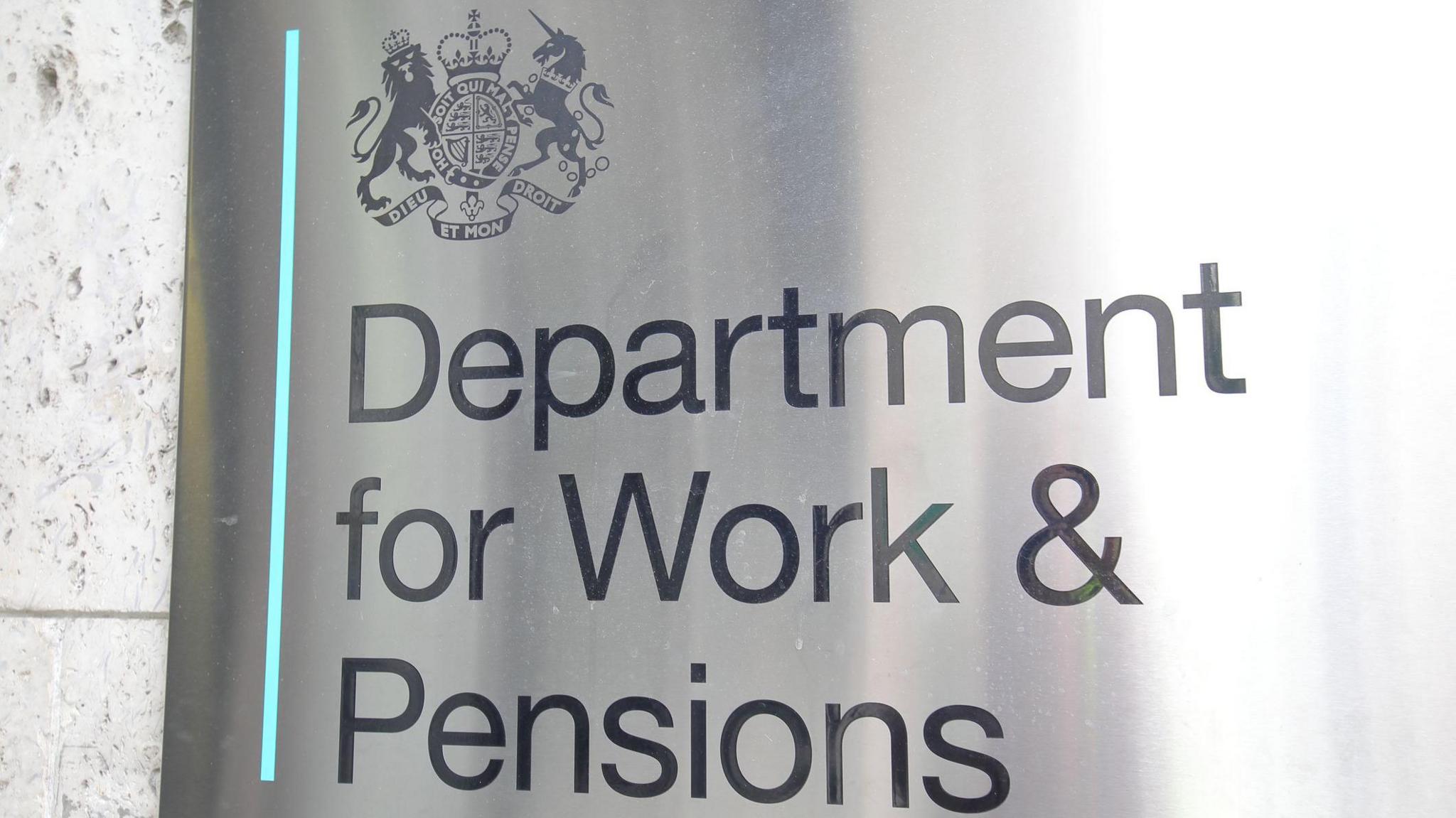Ex-mining town worst hit by Pip cuts, study claims

The government announced Pip eligibility changes in March
- Published
A former mining town will be the worst affected by planned cuts to disability benefits, researchers have claimed.
Plans to restrict eligibility for Personal Independence Payments (Pip) were announced in March.
Health Equity North used government figures to estimate the reduction in Pip and divided it by the amount of working age people in each of England's parliamentary constituencies. They found Easington in County Durham is likely to be the worst hit to the tune of £409 per working age person per year.
The Department for Work and Pensions (DWP) said it was creating a "sustainable welfare system" which would help support sick and disabled people "break down barriers [and] unlock work".
Using the same methodology, Health Equity North reported northern constituencies faced the greatest loss to their local economies, with areas in Merseyside making up six of the top 10.
In addition to Easington, Blackpool South and the North East constituencies of Houghton and Sunderland South and Hartlepool complete the list.
At the other end of the scale, Bristol Central shows the lowest loss of £62.30 per working age constituent.
'Already struggling'
Prof Clare Bambra at Newcastle University, who was involved in the research, said the team calculated figures per "working person" to show the "economic effect on a whole area".
She said: "Every Pip claimant in Easington who loses money then doesn't have money to spend in local shops.
"It's not just Pip claimants who lose out."
Prof Bambra said Parliament should not "rush through" the reforms, adding: "Those areas that will lose most from this proposal were already decimated by austerity, Covid and the cost of living crisis.
"They have worse health than other regions and their local services and economies are already struggling.
"Losses of this magnitude risk worsening the situation for everyone living in these deprived constituencies."
'Drive up employment'
A DWP spokesperson said: "As part of our Plan For Change, we're creating a sustainable welfare system that delivers proper support to help sick and disabled people break down barriers, unlock work, boost living standards and grow the economy.
"This is on top of our Get Britain Working White Paper which set out the biggest employment reforms in a generation - backed by £240m - working across government and with our mayors, local leaders, the NHS and employers to drive up employment and opportunity."
There are 3.7 million people receiving Pip in England and Wales, with the benefit only available to people between 16 and the state pension age, external, with some exceptions.
The level of support is based on how high claimants score based on their level of difficulty performing day-to-day activities.
The DWP has said it expects about 370,000 current Pip recipients to no longer qualify for the support as a result of the changes to eligibility criteria.
Another 430,000 future recipients are expected to receive less than they would have previously.
The work and pensions secretary has said eligibility would be tightened from November 2026.
Follow BBC North East on X, external, Facebook, external, Nextdoor and Instagram, external.
Get in touch
Do you have a story suggestion for BBC North East & Cumbria?
More stories from BBC North East and Cumbria
- Published18 March

